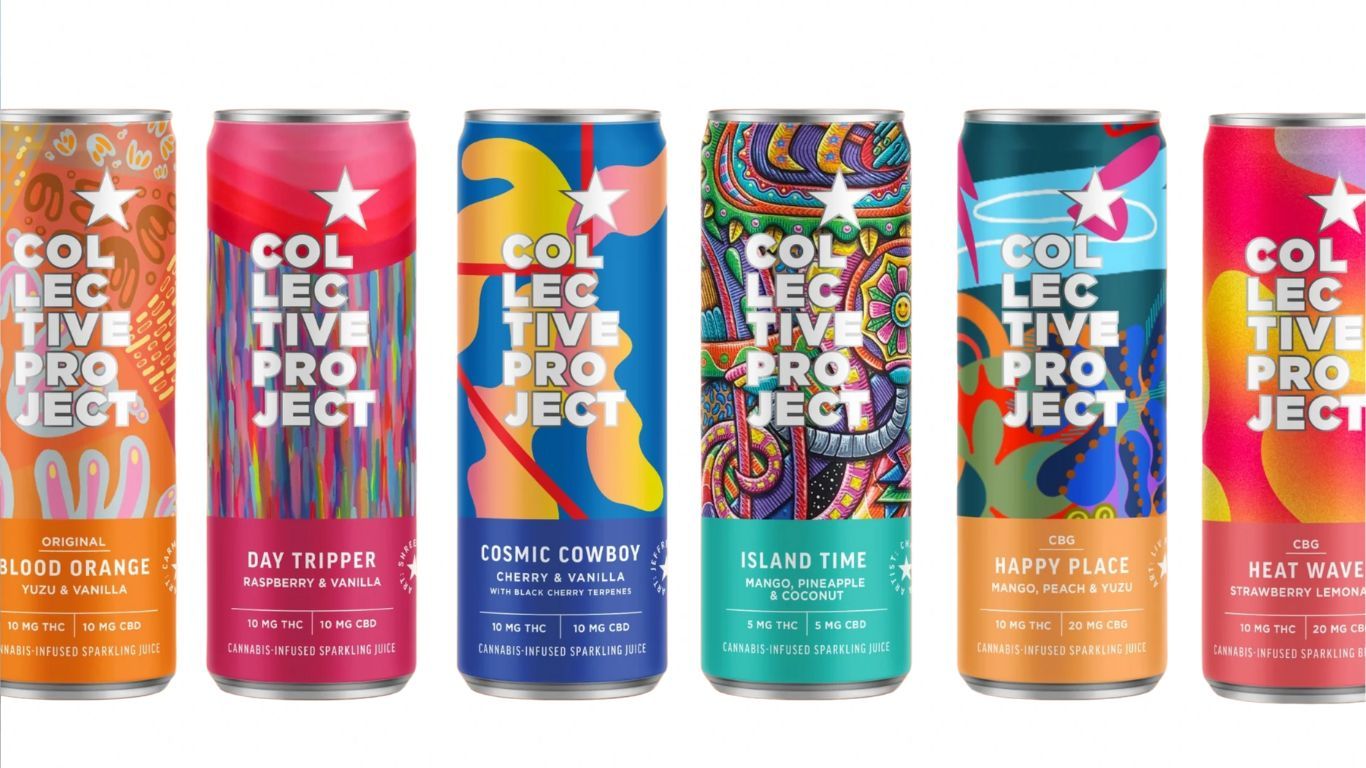
The Société québécoise du cannabis (SQDC) is launching a new product call program for small batch products that could help some small-scale growers get new products into the Quebec market.
The program—called Petite Lot or Project Petits lots de fleurs séchées—will allow for new lots of cannabis that are under 40 kg and are products or genetics that are new to the Quebec market to be sold into the province outside of their current product calls and demands.
The program will be limited to 3.5 gram offerings priced from $25 ($7.14/g), and products will need to take into account the SQDC’s guidelines around eco-friendly packaging.
In determining what products will be approved through the program, the SQDC will also take into account growing methods, as well as proximity to Quebec.
The program was announced this week, and the SQDC expects to be able to accept products for consideration by mid-September, with 10 small lots to be chosen by the end of September.
Products will be available for consumers in the first testing phase from November 21 to January 15, 2023 in some SQDC branches. The SQDC will then follow up with the Association québécoise de l’industrie du cannabis (AQIC) and the industry in general in February 2023 to gauge the success of the program.

If the pilot project is successful based on producer and consumer feedback, the SQDC plans on fully implementing the program in April-May 2023.
The program is the newest novel approach being taken by the SQDC to try and allow for more unique products on the market.
In a recent interview with StratCann, the President and CEO of the SQDC, Jacques Farcy, said the provincial agency was planning on a new limited-run product line that would allow the province to test-run new cultivars in the market as a way to attract new customers and fulfill demand for new and unique cannabis offerings. At the time, Farcy referred to the new plan as a “nursery project” in reference to the approach of introducing new products.
“The idea is to have a subset of our stores to act as a test market in which we will launch new products so that customers’ selections can help us identify what customers prefer,” he shared with StratCann. “We’ll know in those nursery stores the products that are really appealing to customers, and then deploy it in the rest of the network.”
Pierre Leclerc, the CEO of the Association québécoise de l’industrie du cannabis (AQIC), who consulted with the SQDC on the development of this project, says he’s excited by the opportunities the program will provide to micros and other small batch growers trying to enter the Quebec market.
“We are very satisfied and glad that the SQDC is going in that direction and happy with this collaboration,” says Leclerc.
“This is a good way to bring in new, exciting genetics to the market in Quebec. I think it can be an important opportunity for growers in Quebec and all of Canada.”
The program is a good example of Quebec listening to cannabis producers’ needs, he says. Although it is built with micros in mind, and the province may give more weight to locally-grown products, it’s open to all Canadian producers who can fit the province’s small-batch, new-genetic requirements.
“The program was put in place after some micros asked for such a program and shared their issues with the SQDC about their ability to have business relations with the SQDC. So the entire program was built around the micros’ needs, but it is not exclusively limited to micros.”
Louis Sirois, President of Laboratoire InoVert, a standard processor in Quebec, and the President of Groupe Conseils Sirois, says he thinks the program will help the province identify new products that resonate with consumers.
“They want to offer something different, something of good value that can provide new, special products. This is a good way to bring in new, exciting genetics to the market in Quebec. I think it can be an important opportunity for growers in Quebec and all of Canada.”
“Then if it is good, it can find a long-term place in the market.”
Editor’s note: This article initially stated there was a price cap on new products through this program of $25 an eighth. This is actually a price floor, not a price ceiling. The article has been corrected to reflect that.
Featured image via MindiCanna, a micro producer in Quebec.











